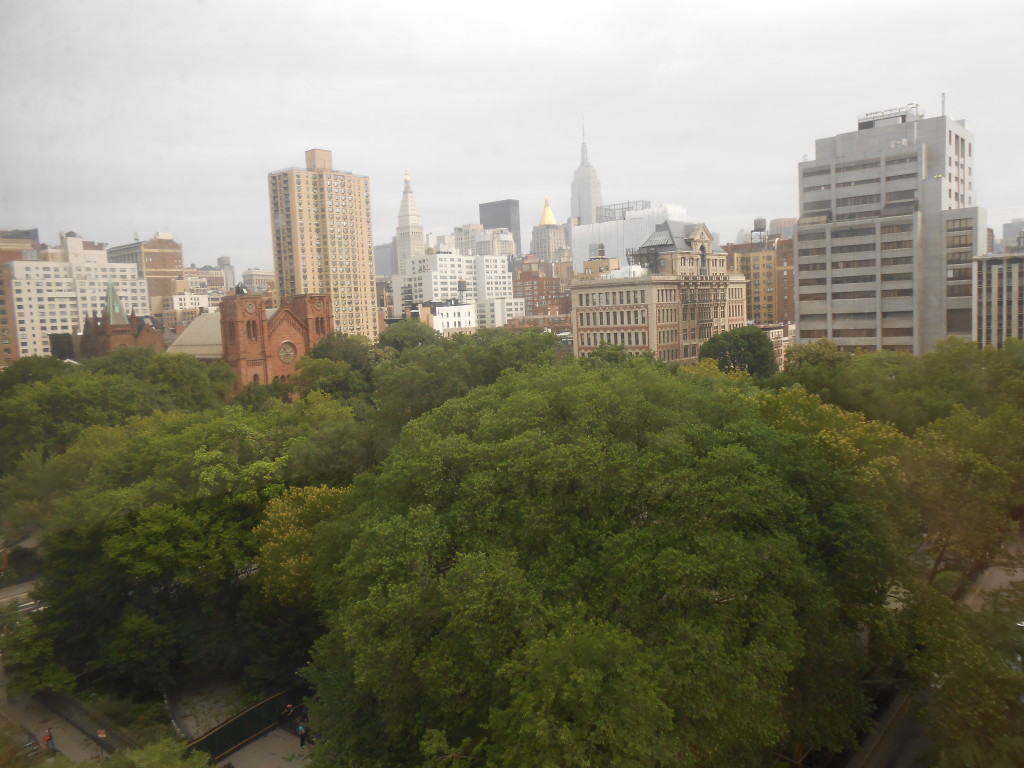For anyone out there who is actually reading this blog, please forgive me. I see that I have not posted since May. It’s been a tough year and a strange summer. I’ve been having eye problems since March (excuses, excuses), and other medical concerns that turned out, after much worry, to be nothing to worry about (excuses, excuses).–But, when your eye bothers you, it can be a little hard to spend lots of time on the computer. (Excuses, excuses?)
In any case, catching up here…. In terms of the strange–I first was told that I had not received an Individual Artist’s Fellowship from the D.C. Commission on the Arts and Humanities (boo), only to be told a few months later that I had received an Individual Artist’s Fellowship from the Commission after all. (Yay.) I was not a finalist or winner for the Claymore contest put on by the Killer Nashville contest (boo), but a month or two later, one of the coordinators wrote, offering to introduce me to her agent. (Yay.) And I was not a finalist or winner of a grant from the Speculative Literature Foundation, but again, a month or more later, its coordinator wrote, pushing me to submit again (emphasizing there is no fee) and stating, “I want you to get this grant.” (Yay?) (And the news that I got the fellowship came only five days after my then current agent had written that she did not feel she could represent my latest novel. Depression–buoyancy–depression–buoyancy–depression–buoyancy…talk about ups and downs and ups. It makes one feel like they are on a see-saw.) Somebody up there likes me–or somebody up there is playing with me. Constantly feeling on the verge is frustrating, but the “close though no cigars” of the year do also help to keep one going.
So, now that I’m back, here we will go…


